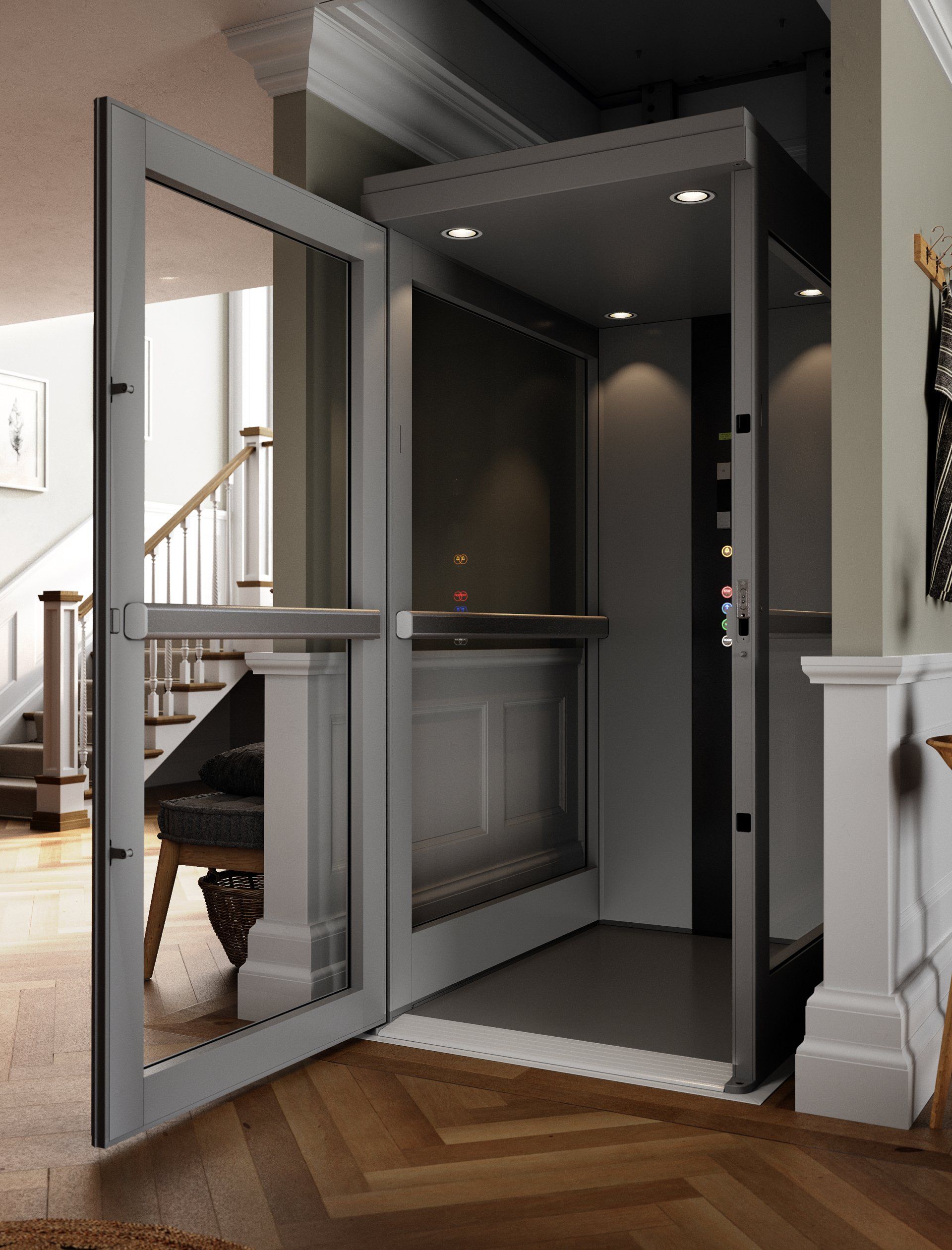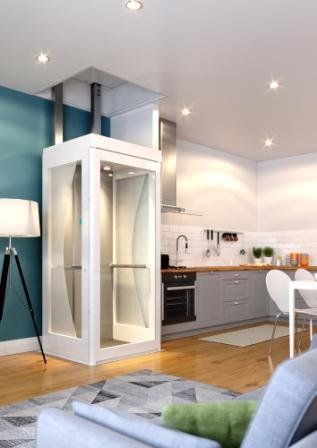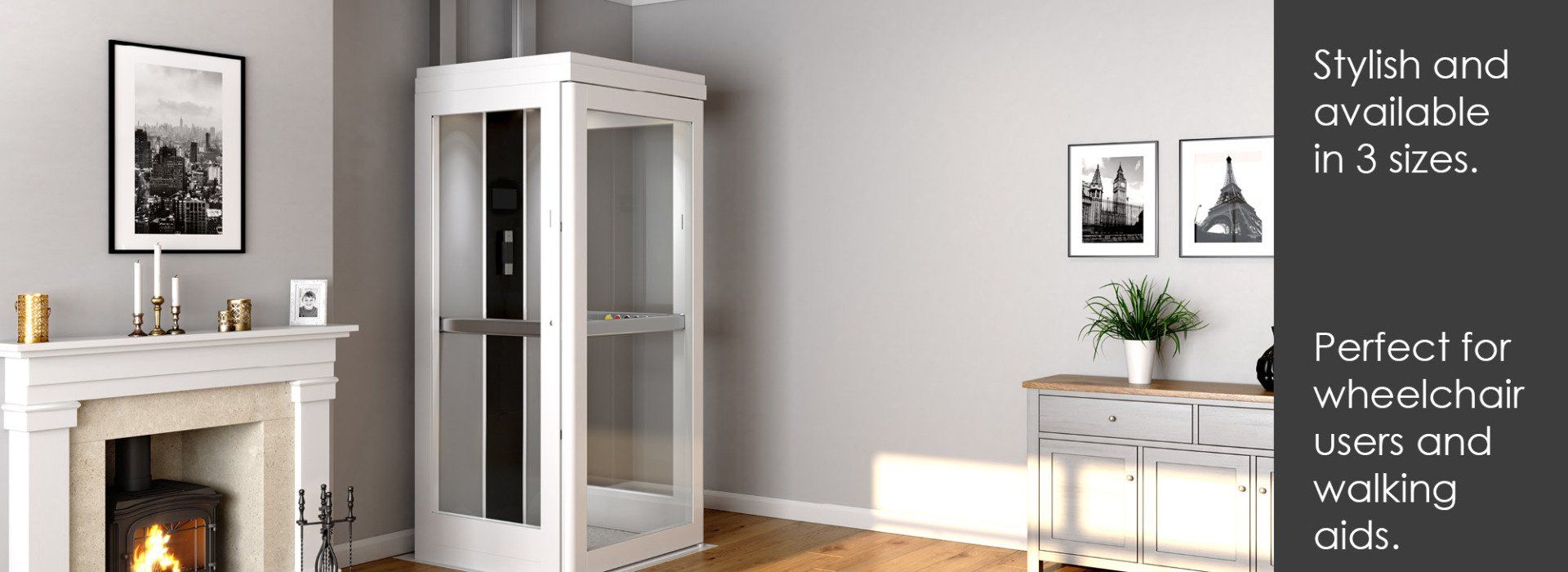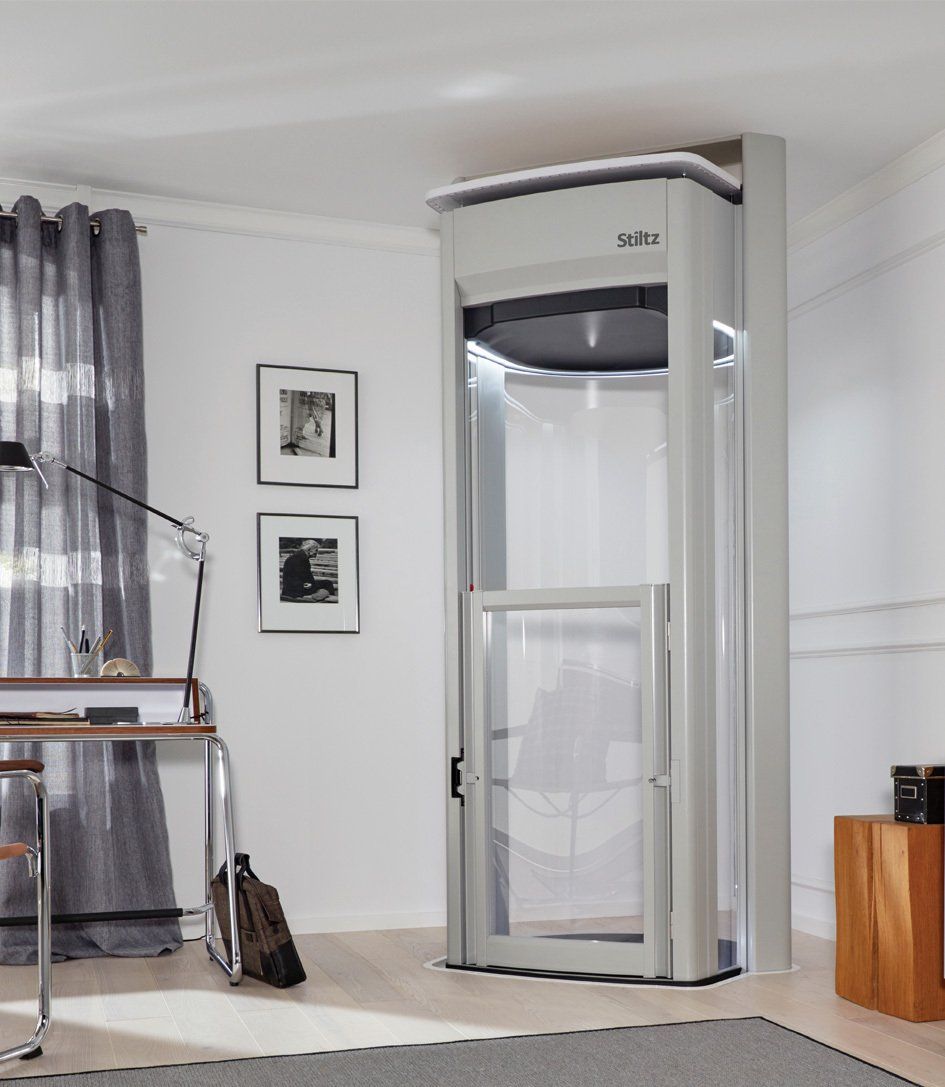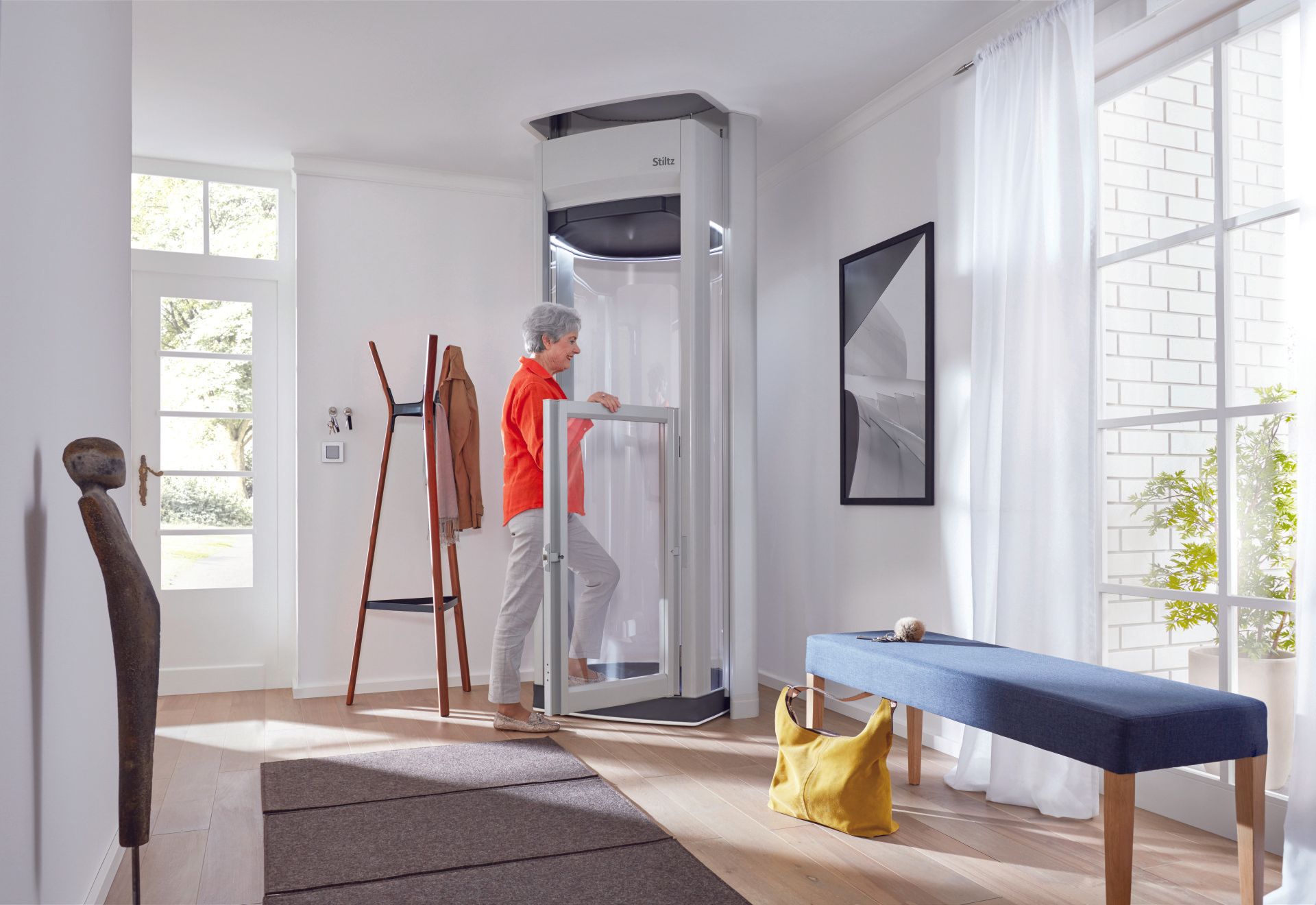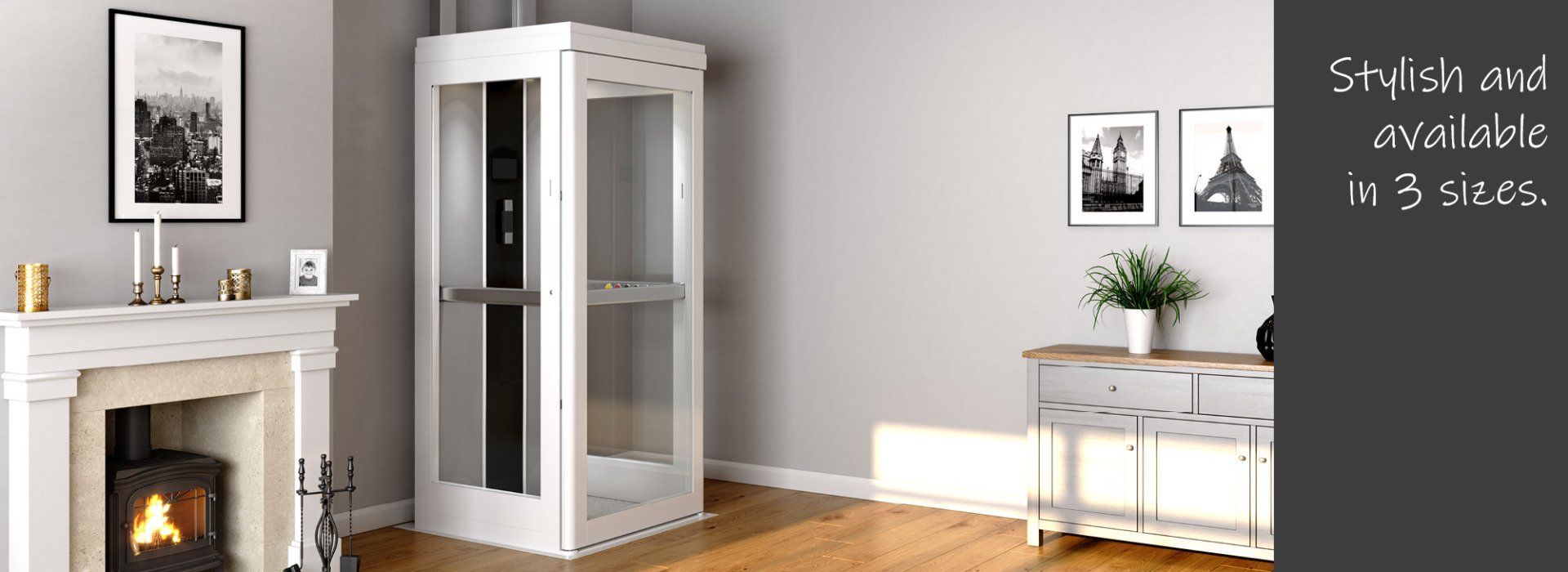Preparing Your Home for an Elderly Parent
If you do choose to look after an elderly parent in your home,
there are a few things to consider.
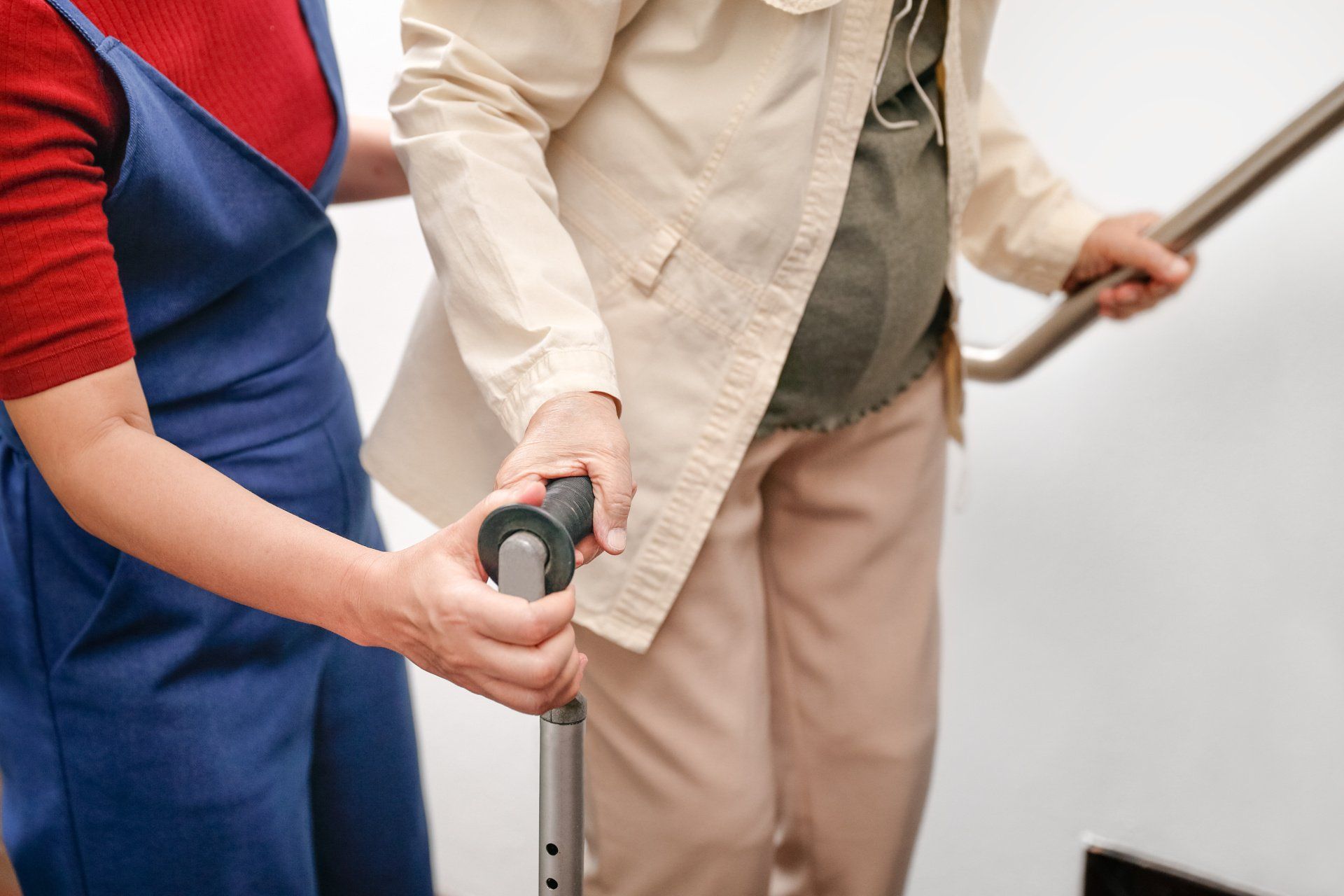
As we get older, so do our parents. It’s quite likely that your elderly parents will need a helping hand at some point and if you are one of the 40% of families in the UK looking after a parent or grandparent, you need to be prepared. The average home is not necessarily equipped to be accessible to the elderly.
If you do choose to look after an elderly parent in your home, there are a few things to consider.
Home Access
Being able to get into the house is important. Not everyone is comfortable with stairs and you may need to install mobility aids around the home and consider a homelift so the environment is safer and easier to access. If your parent has problems with dementia or forgetfulness, you may also wish to add a door alarm to prevent them from leaving your home without you noticing.
Bathrooms
One of the most dangerous spaces in the home is the bathroom. It can be host to a number of accidents for anyone in the family, but when someone is older and a little unsteady, it can be even more dangerous. There are a few ways to make your bathroom more friendly for your elderly parent, including adding grab rails and ensuring there is a seat in the bathroom. Why not replace your shower with a wet room, they look stylish and are so adaptive for wheelchair or walking aids? Also, consider a walk-in baths really works well for those who still want to enjoy a nice bath or need to soak due to skin conditions and they can be adapted with powered seats, combination showers with safe thermostatic controls preventing burns.
Stairs
Stairs can be troublesome, so it may be best to set up a bedroom for anyone older in your home on the lower floor. This lets them easily reach their own space without having to climb stairs. If you would prefer or need to have a bedroom on the first or second floor of your home, not a problem, you may wish to invest in a home lift/elevator to make it simpler to reach the other floors in the home.
Doorways
Doors should have easy to use handles, preferably lever handles. It’s also important that doorways are wide enough for a walker, wheelchair, or other mobility aid. It may take some adaptation, but your home can be elderly-friendly with a few changes. Ensure that your parent’s bedroom and the bathroom are easy to use and safe first, then you can work on the rest of the home.
Benefits of a home lift for reduced mobility
Living in an adapted home is crucial not only for your health and safety but also for your mental well-being. The benefit of installing a home lift means increase in physical activities as you can move freely between floors of your home. Our Homelift Ranges are designed to safely accommodate a wheelchair user or persons needing walking aids or who need someone to accompany them in the lift. It can be installed discreetly and virtually anywhere in the home. The home lift can also benefit family, carers and visitors.
Grants Available for your home lift?
If you have a disability that requires you to make changes to your home because of a chronic illness, it’s possible to get a grant from your local council to cover some or all of the work needed. A Disabled Facilities Grant (DFG). This is specifically to allow for improved access to floors and rooms and to make it more suitable for your needs. As part of this grant, the purchase and installation of a Bespoke homelift can either be fully or partially funded. To apply for a Disabled Facilities Grant simply visit: www.gov.uk/disabled-facilities-grants.
Or please read our guide to grants available for a home lift here.
If you would like just advice about a home lift or maybe you would like to arrange a home survey with a local Bespoke Homelift representative, then please call our team between 9am – 5pm, Monday to Friday on 0800 023 4348 or email us for a brochure here.
